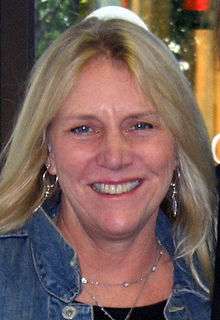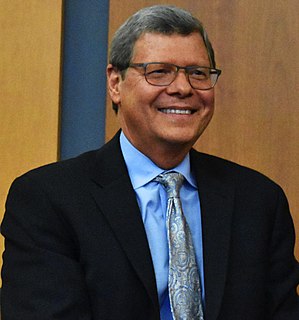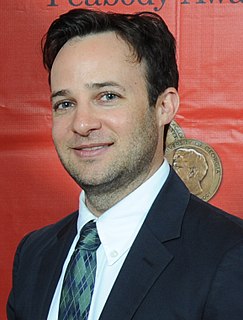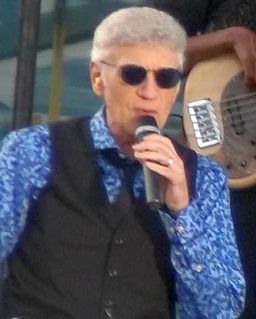A Quote by Tom King
My scripts, they're pretty serious. I basically just describe stuff. I don't put too many notes and letters to the editors. But when I wrote 'KGBLT,' in parentheses I wrote, 'Well this is the best thing I've ever written. It will all be downhill from here. I'm so sorry for the rest of my career.'
Related Quotes
I wrote a huge number of letters that spring: one a week to Naoko, several to Reiko, and several more to Midori. I wrote letters in the classroom, I wrote letters at my desk at home with Seagull in my lap, I wrote letters at empty tables during my breaks at the Italian restaurant. It was as if I were writing letters to hold together the pieces of my crumbling life.
I had written four scripts before I wrote Recount. Each one progressed my career a little bit, but I didn't make a dime off any of them. Recount was the first thing I sold, and I actually sold it as a pitch to HBO. They bought it as a pitch, which was a miracle. I thought, "Wow, this could be the last time I'll be paid to write a script again, which would be too bad because that was an amazing experience I just had."
"Only write what you know" is very good advice. I do my best to stick to it. I wrote about gods and dreams and America because I knew about them. And I wrote about what it's like to wander into Faerie because I knew about that. I wrote about living underneath London because I knew about that too. And I put people into the stories because I knew them: the ones with pumpkins for heads, and the serial killers with eyes for teeth, and the little chocolate people filled with raspberry cream and the rest of them.
One day, at my office, I wrote down some names and dates and notes, and I wrote a title, 'The Age of Despair,' and then some other 'Ages' - Innocence, God, Reason, Hope - and I wrote this as well: 'Woman, born in 1930, lives till the age of 80 or so, suffers depression, marries a car dealer, has children who grow up to confuse her.'
After he made up his mind to spend the rest of the war in the hospital, Yossarian wrote letters to everyone he knew saying that he was in the hospital but never mentioning why. One day he had a better idea. To everyone he knew he wrote that he was going on a very dangerous mission. "They asked for volunteers. It's very dangerous, but someone has to do it. I'll write you the instant I get back." And he had not written anyone since.
My father writings stuff was always his personal stuff, like about the day we had to put our dog down, or finding old photographs of his father, or passing a guy he went to boarding school with on a street in New York. Very specific, detailed, descriptive columns that he wrote. I think in a way, it could be argued that my best songs are that way too. They're almost journalistic in that they're very clear, and very specific, and they describe things.


































